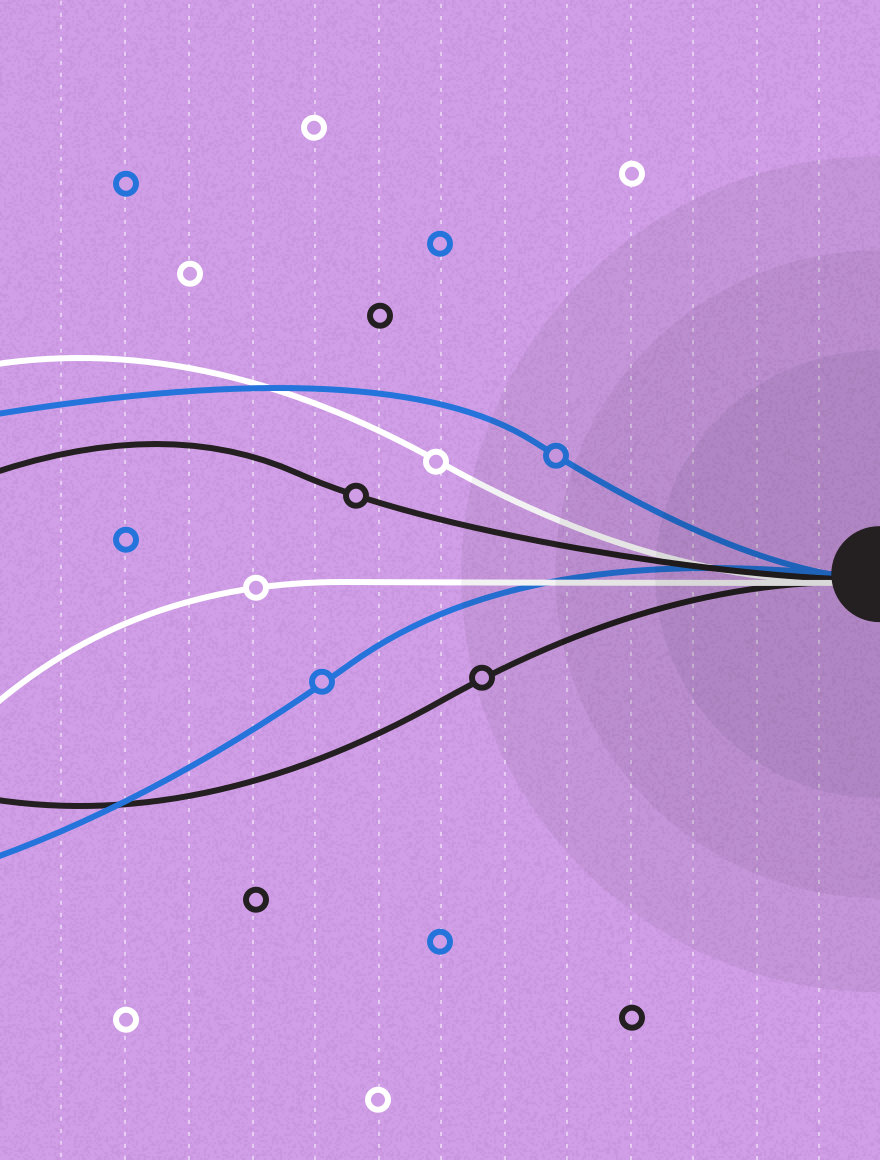In the tech world, data security is always a hot topic. In consumer land, due to some well publicized data breaches in recent years, the public has also learned a thing or two. At the very least, most customers know that when a website mentions cookies it’s not just some marketing sign up promotion.
This week, Australia has been hit with the biggest data breach in its history. Optus, Australia’s second largest telcom provider, has advised that potentially 10 million customers could be compromised. This is not telephone bill account numbers and online portal passwords. It’s license numbers, addresses, passport numbers, and dates of birth Critical customer identifiers which could have catastrophic financial and personal impact for customers, not to mention detrimental brand and business impact to the organization.
The data breach is a jolting reminder of the trust customers instill in organizations when it comes to their data and their identity, and the accountability companies must show in times of crisis.
Key points organizations should remember:
1) Information is fluid. Proactive real-time communications must be a priority.
When information (unverified or not) is available 24/7 through endless channels, misinformation can spread like wildfire. Community knowledge sharing through social channels like Facebook, Twitter, Instagram, and Tik Tok is the norm.
To instill confidence in customers, in times of crisis organizations need to present a consistent message over all the channels customers interact with – including the call center, retail locations, chatbots, and social media. Delivering real-time, up to date, governed information from a single source of truth will achieve that .
2) The frontline is your battlefield – you must support your customer facing teams.
There is no time for memorization when policies and processes are changing minute by minute. This is something we learned during the pandemic with contact tracing and vaccine roll out contact centres. This means traditional training or learning through peer-to-peer osmosis is out the window.
In modern post-pandemic workplaces, working models are hybrid which means teams are dispersed. This means tribal knowledge leaders like team leaders and support staff are often remote.
Providing your internal teams with the knowledge they need is a non-negotiable. Guiding those teams through complexity with just the right amount of detail is the difference between overloading and empowering them. If you fail to support your employees, you have no chance of supporting your customers during a crisis.
3) Empathy will make or break your brand.
Complex, emotional customer conversations aren’t linear. An agent following a process blindly, without actively listening to a customer’s concern during a crisis is a recipe for disaster. Your voice channel should never sound robotic!
To enable a better experience, the knowledge your teams access should follow the flow of your customer conversations. This means no long awkward pauses as agents frantically search unsuccessfully or scan long useless documents desperate for the nugget of information they need.
Knowledge should be fast to find, dynamically delivered, and simple to understand.
This means the knowledge structure must be layered. “Must dos” like compliance scripting, key steps, and business rules must be clearly highlighted. “Nice to knows” like CX prompts, recommended wording, hints, and tips should also be available, but only if needed. Empowering your teams to listen, empathizes, and act can be a game-changer. Long after the crisis has ended, customers may forget the steps you told them or the words you used, but they will hold onto the sentiment of their interaction.
While this data breach only impacts one company, the effect on consumers will be widely felt for months to come. Customers from highly compliant industries such as Finance, Healthcare, or Utilities are now on high alert. They have questions, they have concerns, they have new expectations. In a crisis situation is your organization set up for success?
